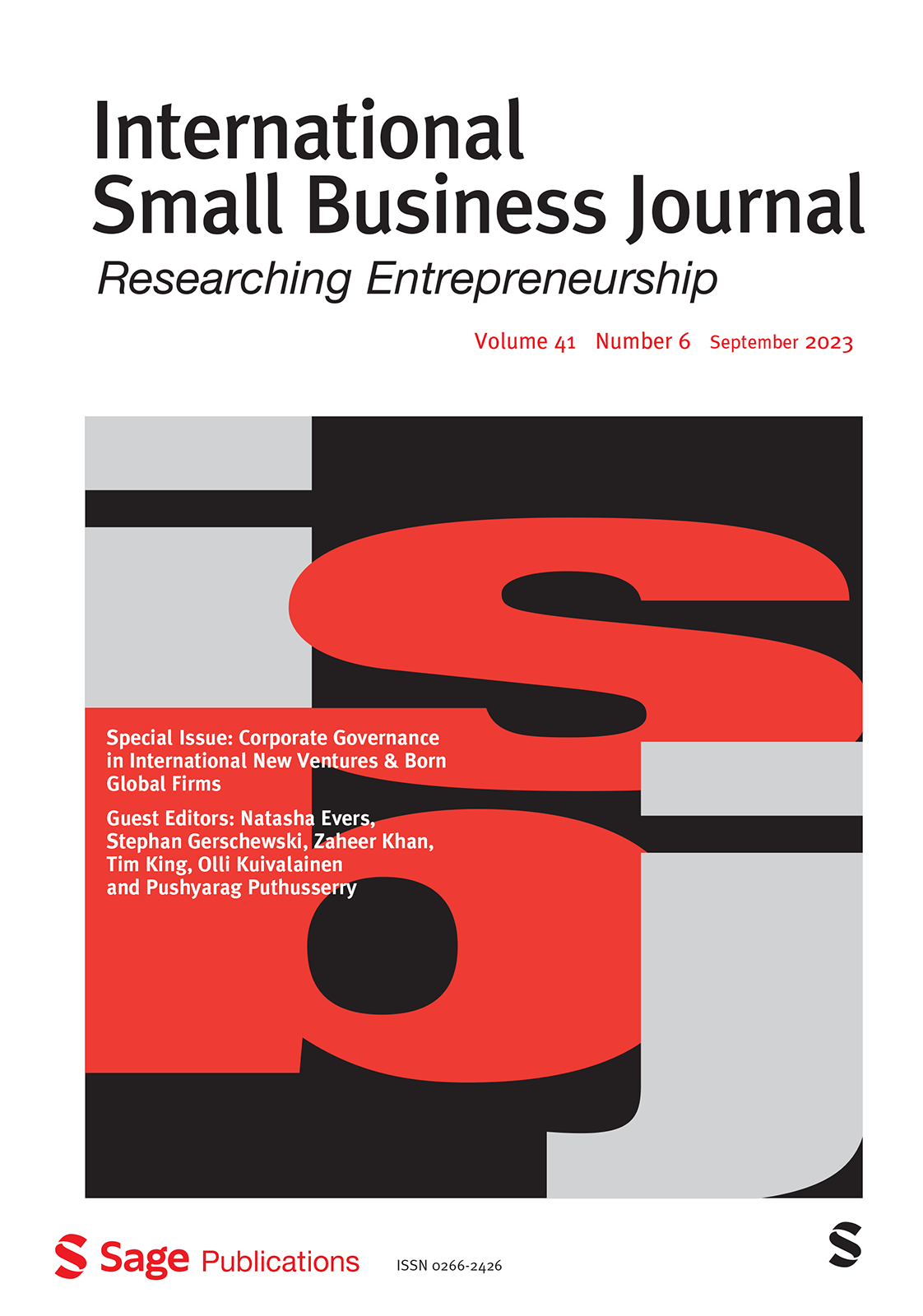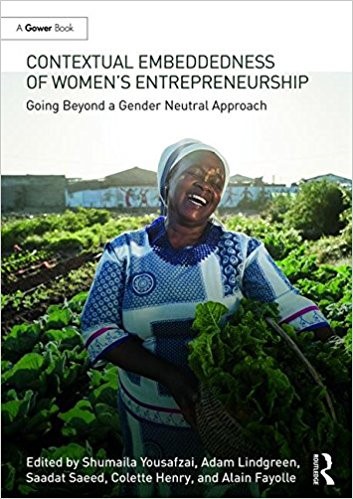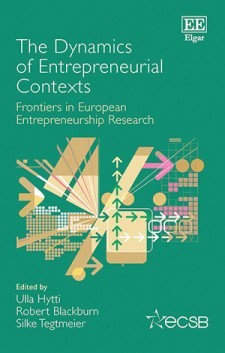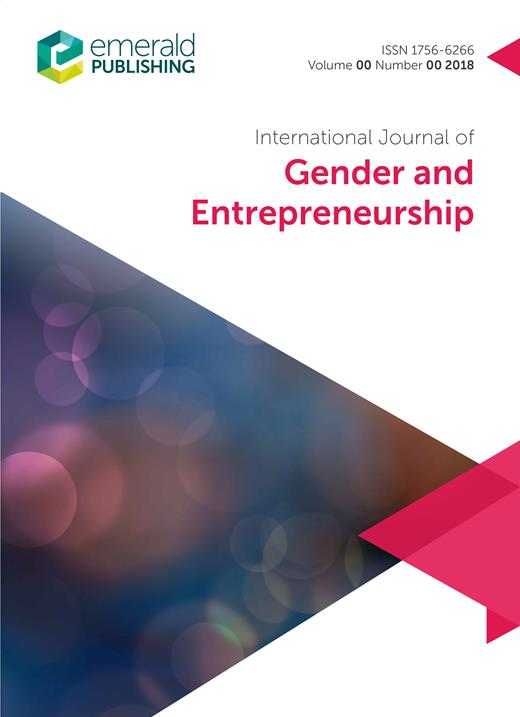Project Duration: 2015 - 2017
The aim of the project is to develop an intersectional approach to the study of social inequalities in Czech sociology. Intersectionality, as a theoretical framework and analytical tool to understand inequalities in society, will be used to map the impact of the economic crisis on employment. The project will answer the question which groups of population defined by the intersection of social characteristics have been most adversely affected by the impact of current economic crisis, and what the experience and coping strategies of these groups are in this dynamic process. We shall work with the interaction of the following characteristics especially: age, education, class, economic status, gender, ethnicity, nationality, family situation, and stage in the life cycle. The project applies a mixed-method approach: a) secondary analysis of representative survey and statistical data focused on groups adversely affected by the impact of the crisis, b) qualitative research focused on the intersection of disadvantaging characteristics.
Principal Investigator:
Topics:
Gender, Social Inequalities
Contracting authority:
Grant Agency of the Czech Republic
Department:
Related Publications
Blending, credit, context: Doing business, family and gender in Czech and US copreneurships
2019, Jurik N. C., A. Křížková, M. Pospíšilová, G. Cavender
Intersekcionální přístup ve zkoumání sociálních nerovností
2018, Křížková, Alena, Hana Hašková
Zdravotní znevýhodnění, gender a vzdělání na trhu práce v intersekcionální perspektivě
2018, Křížková, Alena, Hana Hašková, Kristýna Pospíšilová
Intersekcionální přístup ke zkoumání nezaměstnanosti
2018, Hašková, Hana, Alena Křížková, Kristýna Pospíšilová
Intersekcionální přístup ke zkoumání nezaměstnanosti
2018, Hašková, H., Křížková, A., Pospíšilová, K.
Women's Entrepreneurial Realities in the Czech Republic and the United States: Gender Gaps, Racial/Ethnic Disadvantages, and Emancipatory Potential
2018, Křížková, A., M. Pospíšilová, N. Jurik, G. Cavender
Czech Copreneur Orientations to Business and Family Responsibilities: A Mixed Embeddedness Perspective
2016, Jurik, Nancy, Křížková, Alena, Pospíšilová (Dlouhá), Marie
Intersectional Approach in Social Inequalities Research
2018, Křížková, Alena, Hana Hašková
Institutions and Discourses on Childcare for Children Under the Age of Three in a Comparative French-Czech Perspective
2017, Hašková, Hana Dudová, Radka
Czech Women’s NGOs: Women’s Voices and Claims in the Public Sphere
2016, Hašková, H., Z. Uhde
Precarious work and care responsibilities in the economic crisis
2017, Hašková, Hana, Dudová, Radka
The Revenge of History – The Institutional Roots of Post-Communist Family Policy in the Czech Republic, Hungary and Poland
2016, Hašková, Hana, Saxonberg, Steven



